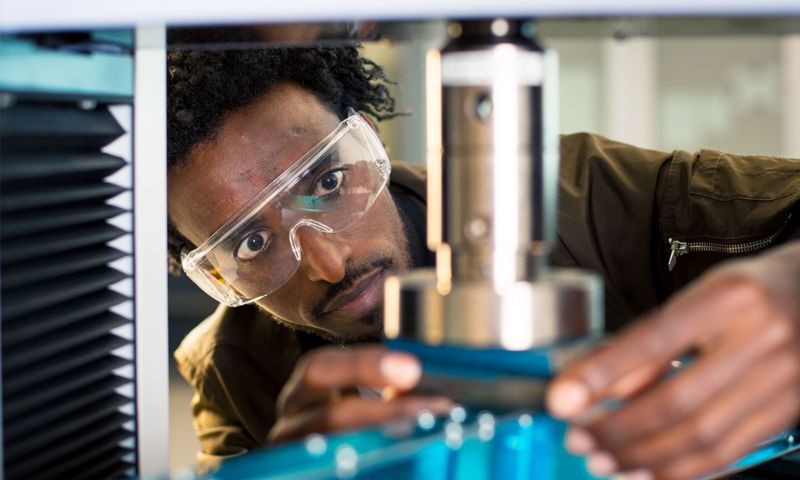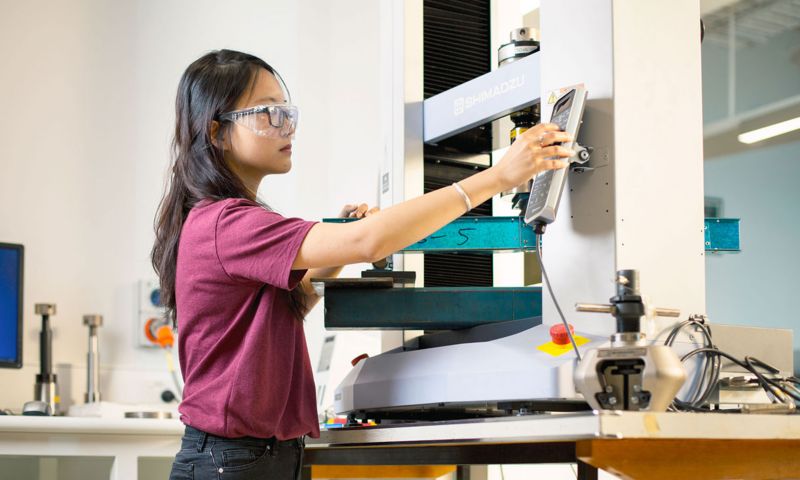While some professions undergo a major facelift to keep up to date with the digital era, engineering is already teaching for the future.
Engineering is one of the professions said to be least affected by automation. This is because its students already possess the skills to operate in a technology-driven society.
More than 50 per cent of jobs will require significant digital skills in the years to come, and more than half of Australian workers will need to be able to use, configure or build digital systems.
Technology plays a major part in engineering, and Setunge believes one of the best ways to adapt to automation is to develop basic knowledge of those underpinning technologies.
“Having good knowledge of the manual process is essential during the stage where we are changing to automation,” she says.
Engineering trains students to apply scientific knowledge to solve targeted, real-life problems.
Engineers develop critical thinking skills, problem-solving abilities and analytical capabilities, and they draw on curiosity and imagination to stay at the forefront of innovation.



